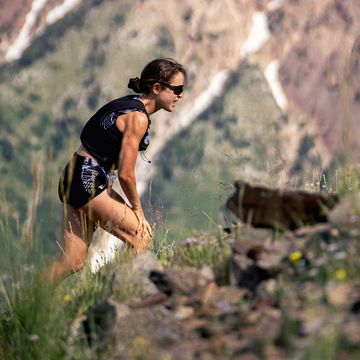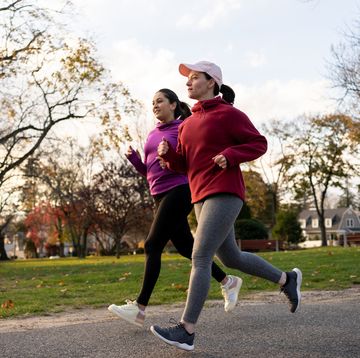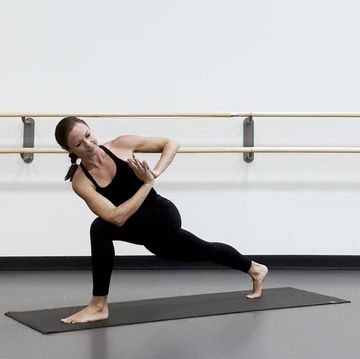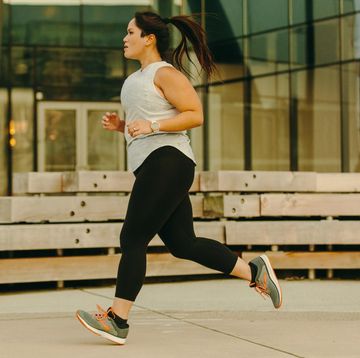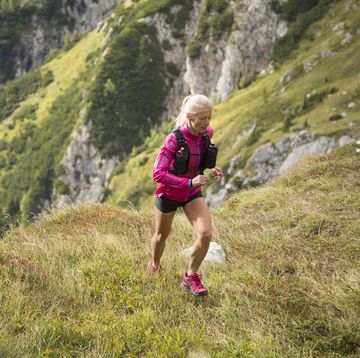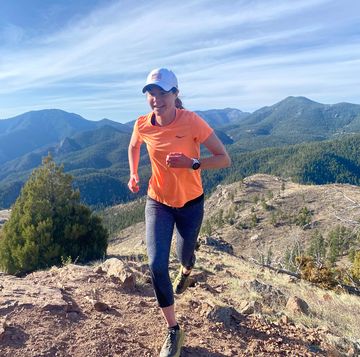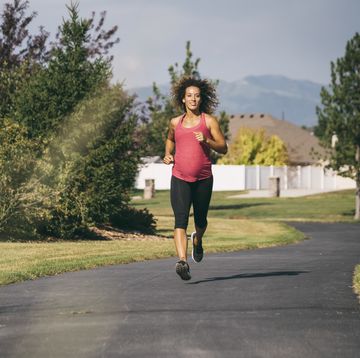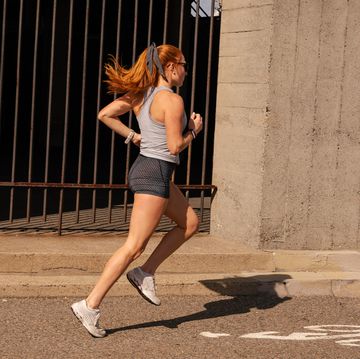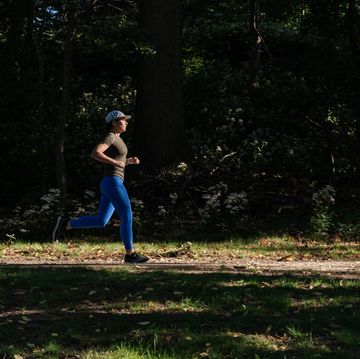Native Americans often struggle with homelessness, chronic substance abuse and a completely different diet than their ancestors were used to. They are at higher risk of diabetes, heart disease and obesity than many other populations. But that culture also has a deep, rich history in long distance running.
“It wasn’t about running. They ran from village to village for spiritual reasons and planting reasons,” says Dede Yazzie Devin, the CEO of Native American Connections and the founder of a running group called Native Fit. “It became part of their beautiful culture, like competition with their excellence, moving to that spiritual place in the mind, a point where you’re out of your body. I think that is that spiritual place that we seek from healing from alcohol and drug abuse.”
About five years ago, the mayor of Tempe, Ariz. challenged local nonprofits to put together a fundraising team to run the P.F. Chang’s Rock ‘n’ Roll Arizona half marathon and promised that if they did, he would match them, dollar for dollar. Dede, a long-time runner, saw this as an opportunity to encourage the employees in her organization, many who were formerly homeless or substance abusers, to get back to their spiritual and cultural roots by training for the race.
Patty Talahongva, a community member, was originally asked to make a pledge to the team and when she was invited to join the team, she laughed. “I didn’t run. I hike, I walk, but I don’t run. I’d never run any race,” she said. But after a little prodding, she decided to join as one of the original 33 runners participating for Native Fit. The group met every Saturday for their long runs and could do other training during the week with members in their area. And when race day came, all 33 of them crossed the finish line and raised $12,000 for Native American Connections, an organization that improves the lives of people through Native American culturally appropriate behavioral health, affordable housing, and community development services.
“It was so mind blowing to know that I did 13.1 miles,” says Patty. “I survived, I got a medal, I raised money.” The group, who became like a second family to each other, decided to continue running and training with each other. Not only were they there to support each other in running, they also discussed several of the issues that Native Americans suffer from. “We are talking about (nutrition), and we do see the benefits of running to help us overcome the diseases,” says Patty, noting that several people in the group lost considerable amounts of weight and started eating healthier.
One of the highlights of the group was when they went up to run in the Louis Tewanima Memorial Footrace held each year on the Hopi reservation. Tewanima was the first and only Hopi to represent the United States in the 1908 and 1912 Olympic Games. The starting gun went off at the crack of dawn and the race ran along the top of the mesa and then racers headed down into the sandy traps. And before getting to the last mile that is straight back up, “You come around the side of the mesa and you can hear people cheering for you all in Hopi. It is so remote that the sound travels and you can hear people cheering,” said Patty, who has served as emcee of the event for several years. “And hearing it in the language is really beautiful.”

Anica Wong is an experienced communicator who is always ready to add a creative flair to any project. She has a master's in journalism from Stanford and graduated Phi Beta Kappa from Colorado State University. She loves puppies, key lime pie, reading and running (not necessarily in that order). Anica excels at the half-marathon distance but can't wait to push herself to her first marathon finish (maybe 2015 is the year). You can follow her shenanigans on Twitter at @acwong86.





